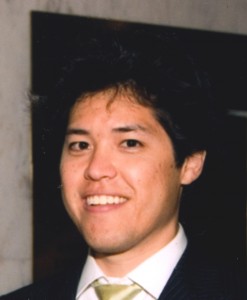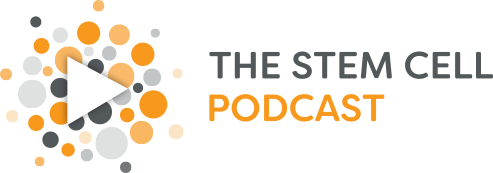
This Featured Lab post is brought to you by STEMCELL Technologies. STEMCELL Technologies knows that figuring out what to use when working with hPSCs can be difficult, especially for new people. They have made some interesting and fun infographics to help sort it all out. You can access these infographics at www.stemcell.com/goPSC.
Justin Ichida is a PIBBS mentor and assistant professor at the Department of Stem Cell Biology and Regenerative Medicine at the Eli and Edythe Broad CIRM Center for Regenerative Medicine and Stem Cell Research at the University of Southern California, Los Angeles.
Focus on the Study of Neurodegenerative Diseases Using Cellular Reprogramming and Stem Cell Technology
The Ichida lab directs its focus on the use of cellular reprogramming and stem cells to study neurodegenerative diseases, specifically ALS (also called Lou Gehrig’s Disease) as well as Dementia. They further seek to understand the contribution of genetic and environmental factors in these types of diseases.
Latest Research Findings at the Lab:
Creating In Vitro Models of Patient-Specific Neurodegenerative Diseases
Ichida lab is currently building in vitro models of patient-specific neurodegenerative diseases by taking skin fibroblasts from patients and converting them into motor neurons that are affected by the disease. The lab takes primary biopsies (skin or blood) and converts them into IPS cells, which can then be differentiated into any kind of cell found in the body. Since these are taken from people with genetic diseases, the cells are being recapitulated in the petri dish.
As a result, they are able to screen a multitude of drug-like compounds in petri dishes as they try to seek possible potential treatments that would either inhibit or cease cell degeneration, which they could hopefully use to treat patients affected with the disease.
The human CNS consists of a multitude of neurons that have their own individual, unique, and subtle characteristics that determine the integration and physiology of each single neuron within the wirings of the brain and spinal cord. However, these unique properties may also result to specific neurons that are resistant or sensitive to certain degenerative causing agents. Consequently, this destroys a standardized set of neuronal subtypes responsible for the trademark mechanism of each disease.
Furthermore, the use of animal models has been an excellent tool to determine these pathological mechanisms. However, animal models have not been predictive of drug efficacy in patients with neurodegenerative disease, suggesting that new ways to study and model neurodegenerative diseases are needed. Primary human tissue may provide insight into the disease processes but there is no way to access the central nervous system once the events that caused it have already taken place.
The lab precisely combines the utilization of small molecules, growth factors, and precision factors to enable the conversion of fibroblasts from patients into motor neurons without necessarily making any changes to the genotypes.
In trying to discover new disease-causing mechanisms as well as their corresponding cure, the lab combines the use of tools that are biochemical, genetic, and chemical genetic in nature; while they make use of genetic, chemical, and bioinformatic tools to help them discover more about cellular reprogramming with defined factors.
The lab also expresses their interest in the epigenetic and biochemical pathway identification that both play a role in controlling cell fate conversion. Lastly, they also seek to eventually build disease models that impressively copy in vivo systems as well as enable regeneration of disease-compromised or injury-compromised tissues and organs.
Please leave a comment below with any questions you have for Dr.Ichida or any other labs you would like to see us feature.
The Stem Cell Podcast Team
The #1 Resource for All Things Stem Cells

